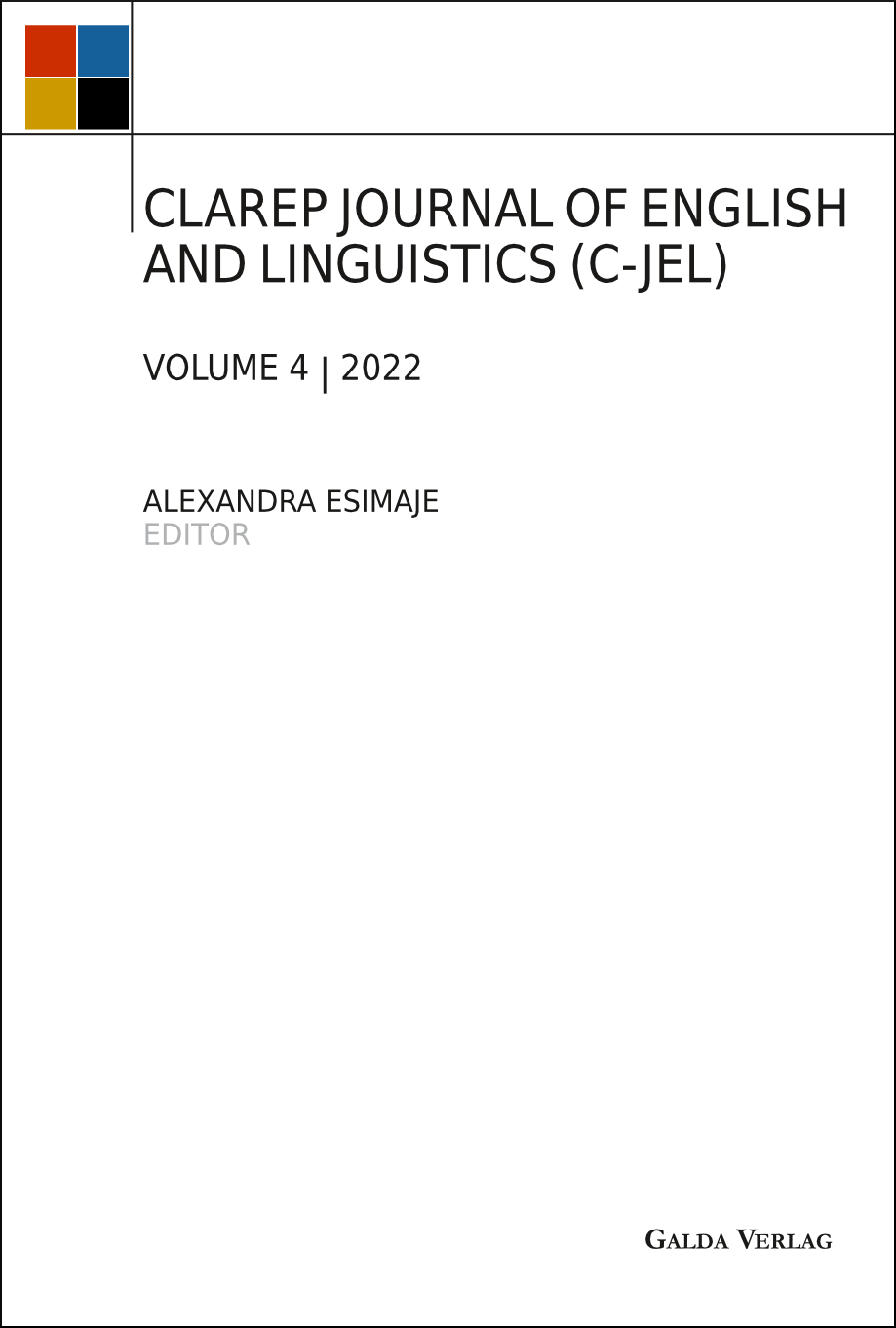Language, Literature and Conflict Management
CLAREP Journal of English and Linguistics (C-JEL)
Author: Tony Afejuku
Institution: University of Benin
Email: tonyafejuku@yahoo.com
Abstract
This paper presents reflections on Language, Literature and Conflict Management to point out the difference between the creative literary mind and the uncreative literal mind, which is that one is prodigiously complex and rich, and accommodates paradoxes and ambiguities, while the other, in the sublime words of Chinua Achebe, is “the one-track mind, the simplistic mind, the mind that cannot comprehend [that] where one thing stands, another will stand beside it” (5). In other words, the “one-track mind” sees things, interprets things and phenomena from a narrow prism, without giving sufficient thought to all the nuances involved in the acts (and art) of interrogation. By implication, I hope to determine the boundaries or “limits of what is knowledge in thought,” to borrow the words of Noam Chomsky, as paraphrased by Mitsou Ronat, who interviewed Chomsky primarily on matters of “philosophy of language” reflected in Chomsky’s highly stimulating book, Reflections on Language (117).
Pages: 135-143
ISSN: 2698-654-X
ISBN: 978-3-96203-247-0 (Print)
ISBN: 978-3-96203-248-7 (PDF)
DOI: https://doi.org/10.56907/gfrp8x9l

